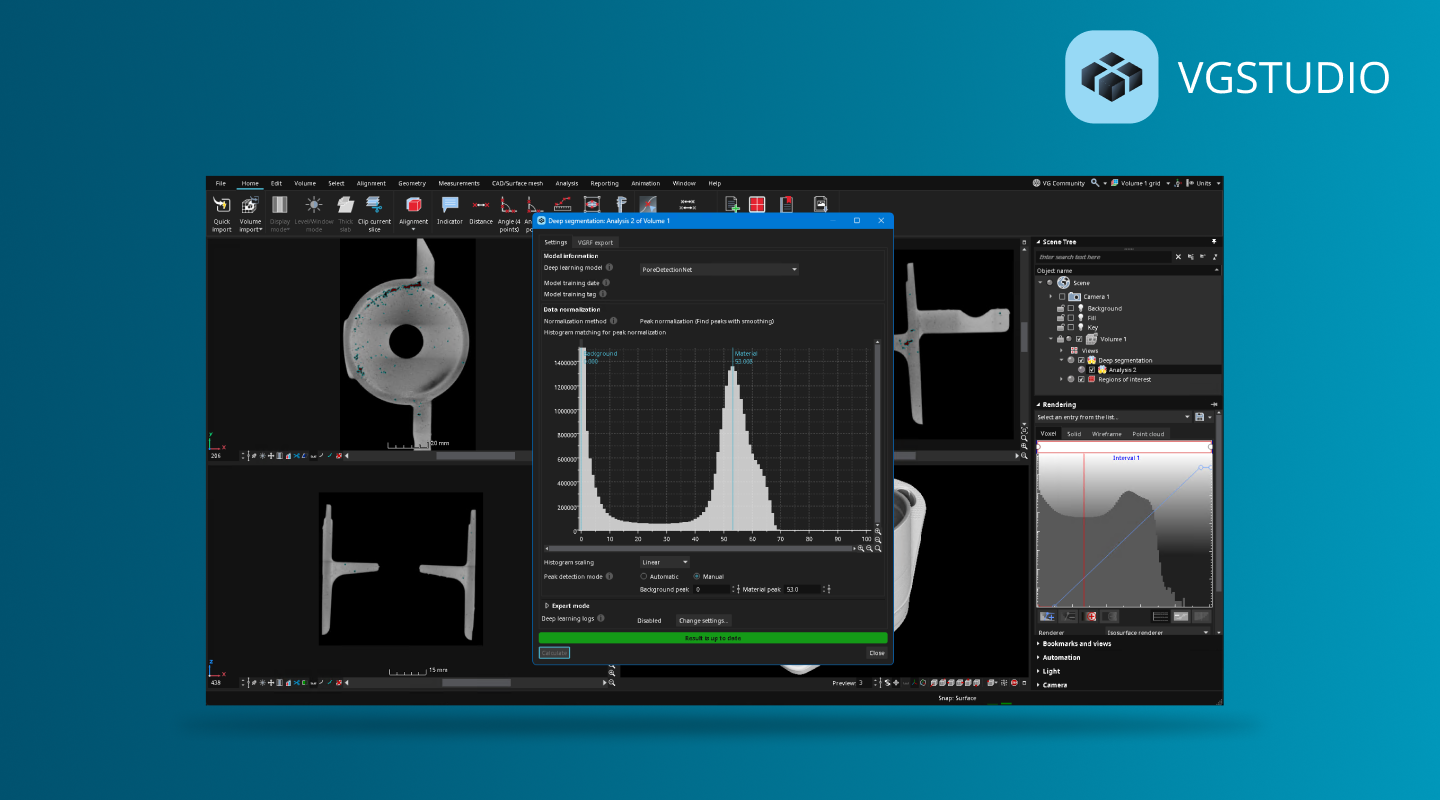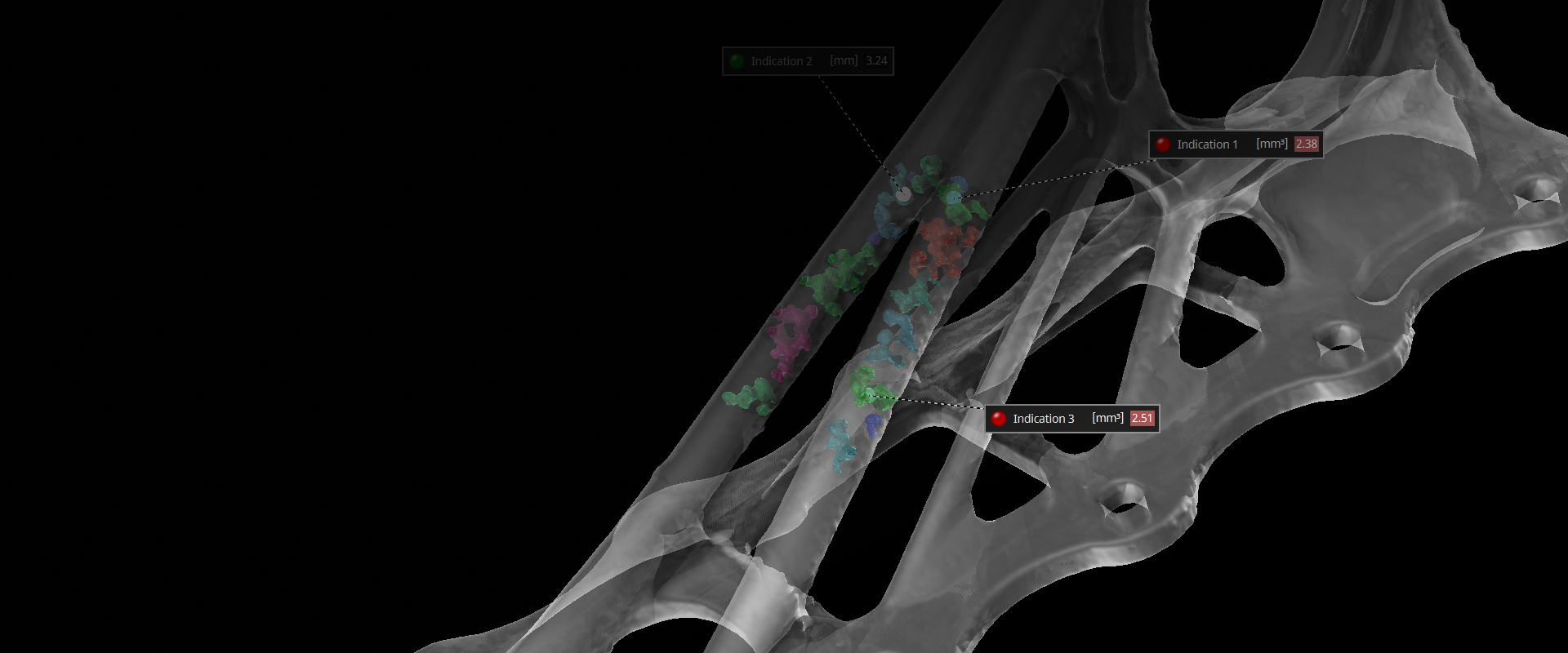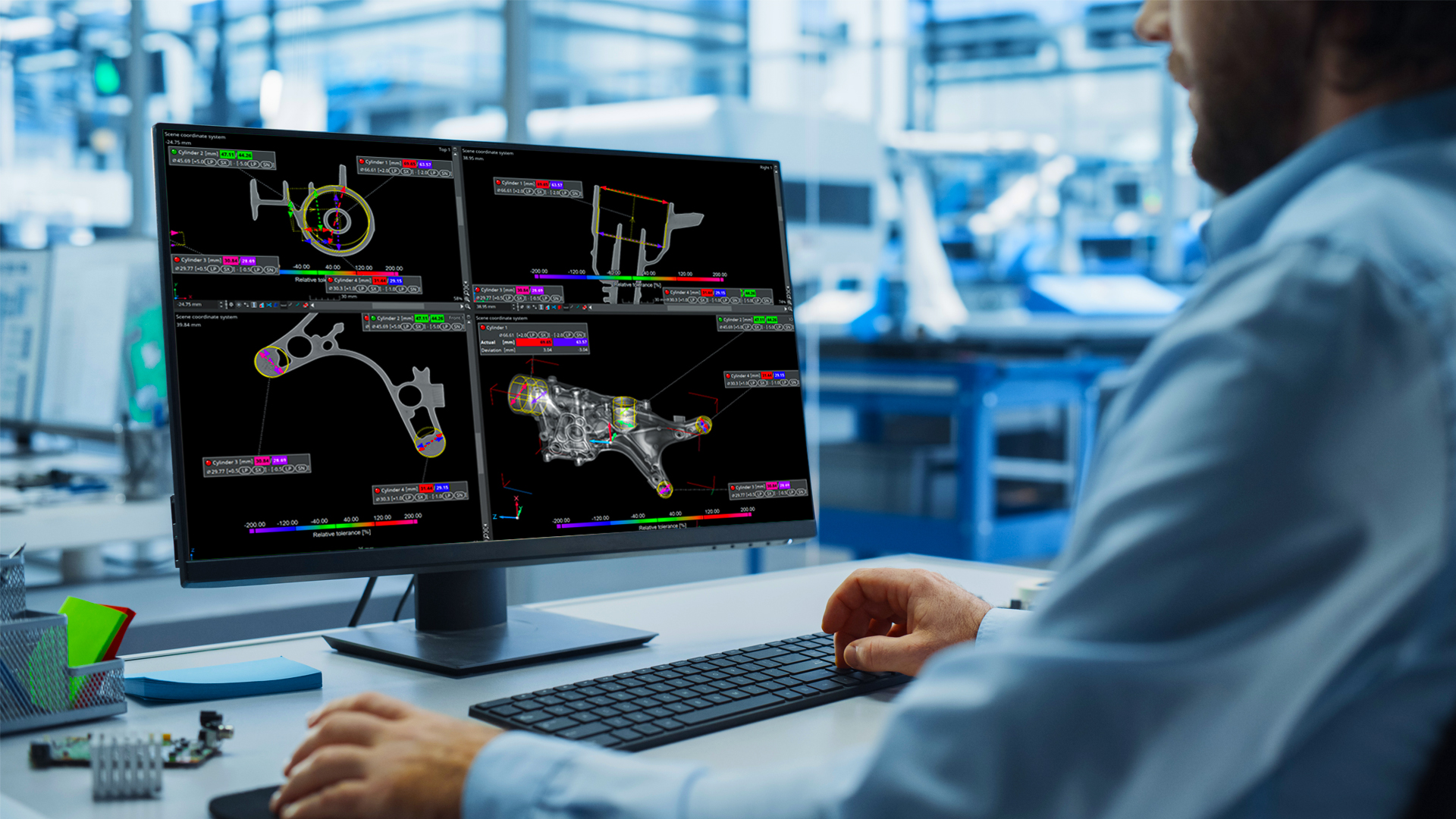Monitor the data quality of your CT scans over time by keeping track of the spatial resolution and gray value contrast resolution. This ensures a consistently high-quality basis for your analysis and measurement results. VG software supports data quality analysis according to ASTM E 1441 and ASTM E 1695.
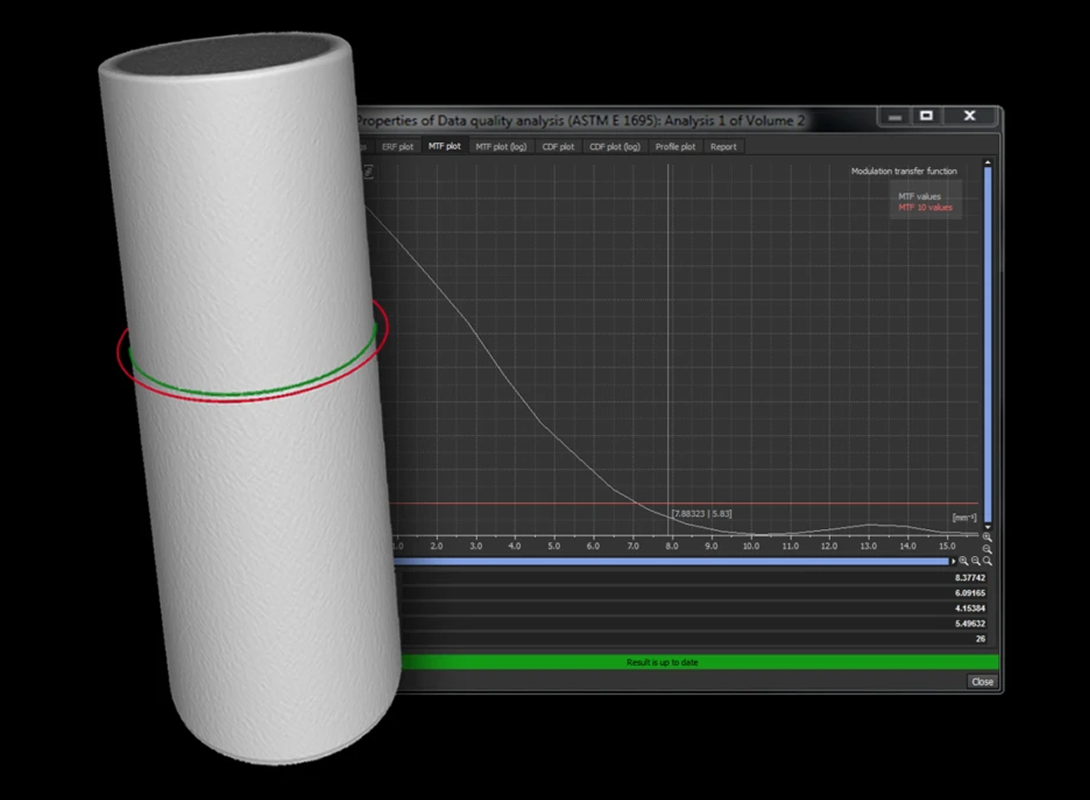
Transform your data into captivating 3D and 2D visualisations with VG software. Impress and influence peers, decision-makers, and the public with stunning animations and exploded views—your only limit is your RAM.
Learn more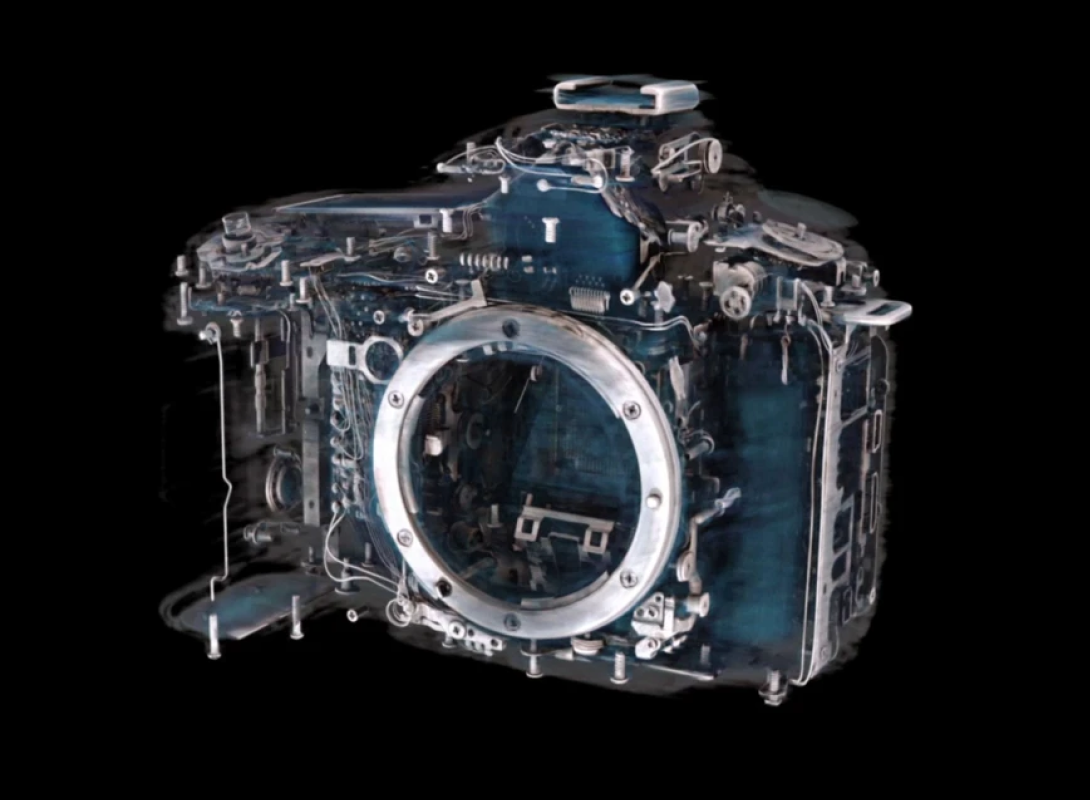
Our software offers essential alignment features, including Simple 3-2-1 Registration and Simple Registration, to ensure precise positioning. It also provides fundamental reference measurement tools, such as distance, polyline length, and angle measurement instruments. The Snap Mode feature also allows instruments to snap to surfaces easily, simplifying the measurement process.

VG software delivers immediate, actionable results, including insightful graphics and detailed reports. Export images, histograms, and data tables in standard formats, create customisable inspection reports, and interface with third-party quality management or statistical process control software like Q-DAS or Metrology Reporting. VGSTUDIO can also display all analysis data generated with VGSTUDIO MAX or VGMETROLOGY.
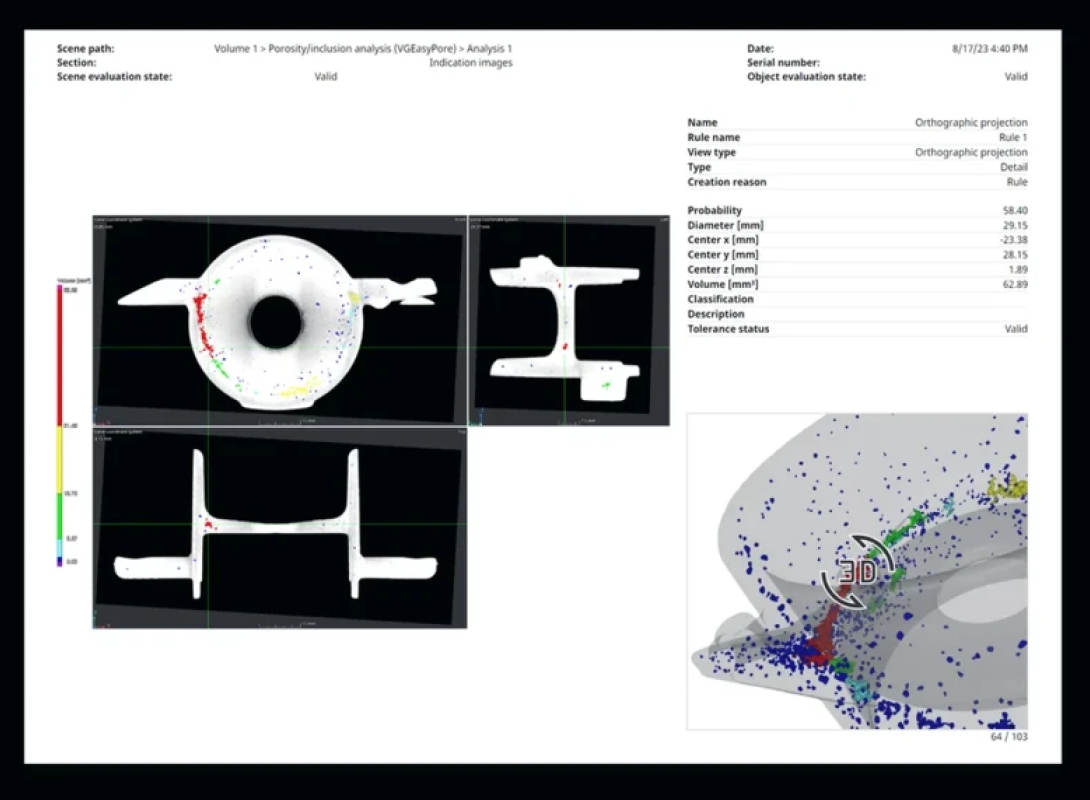
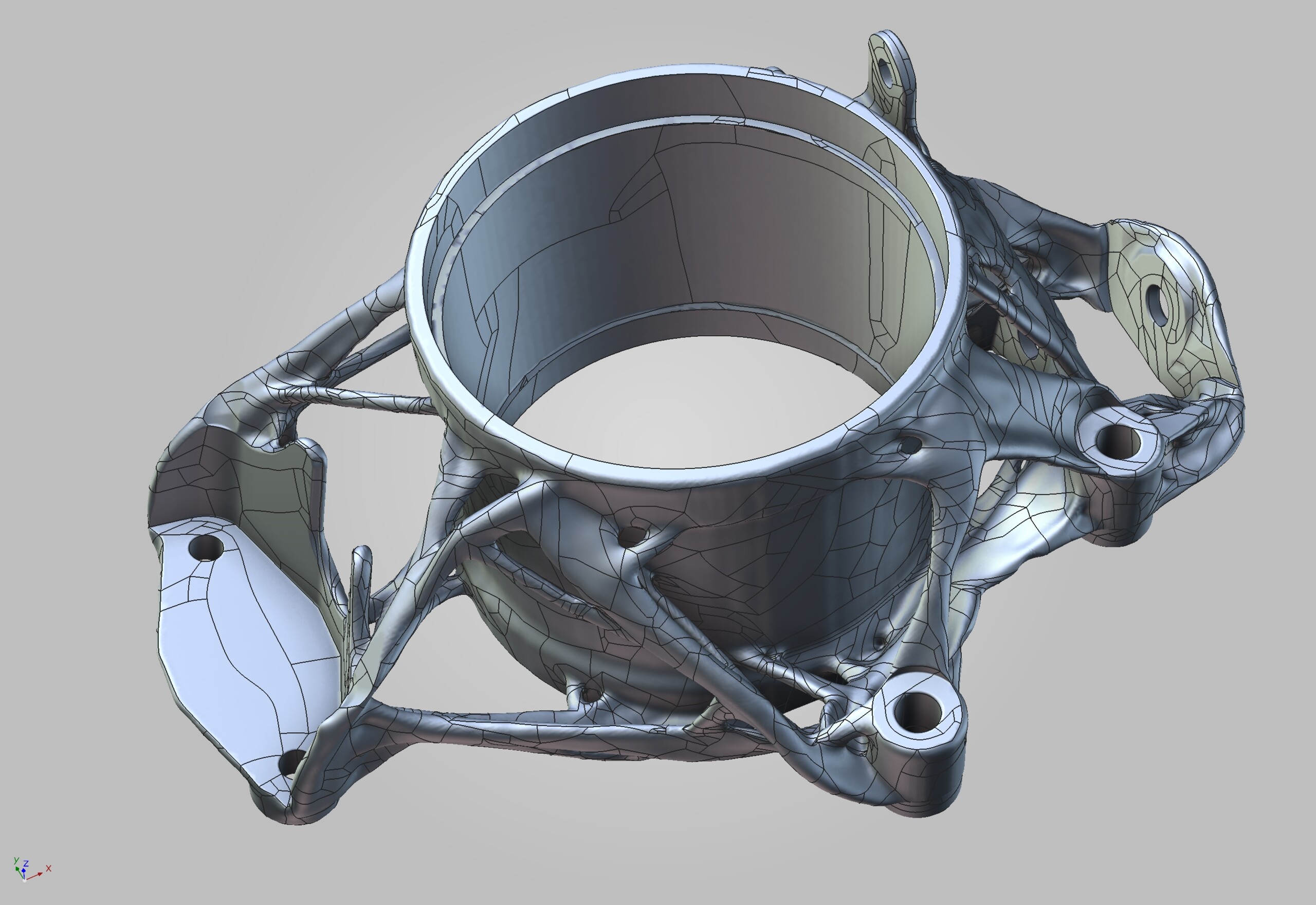
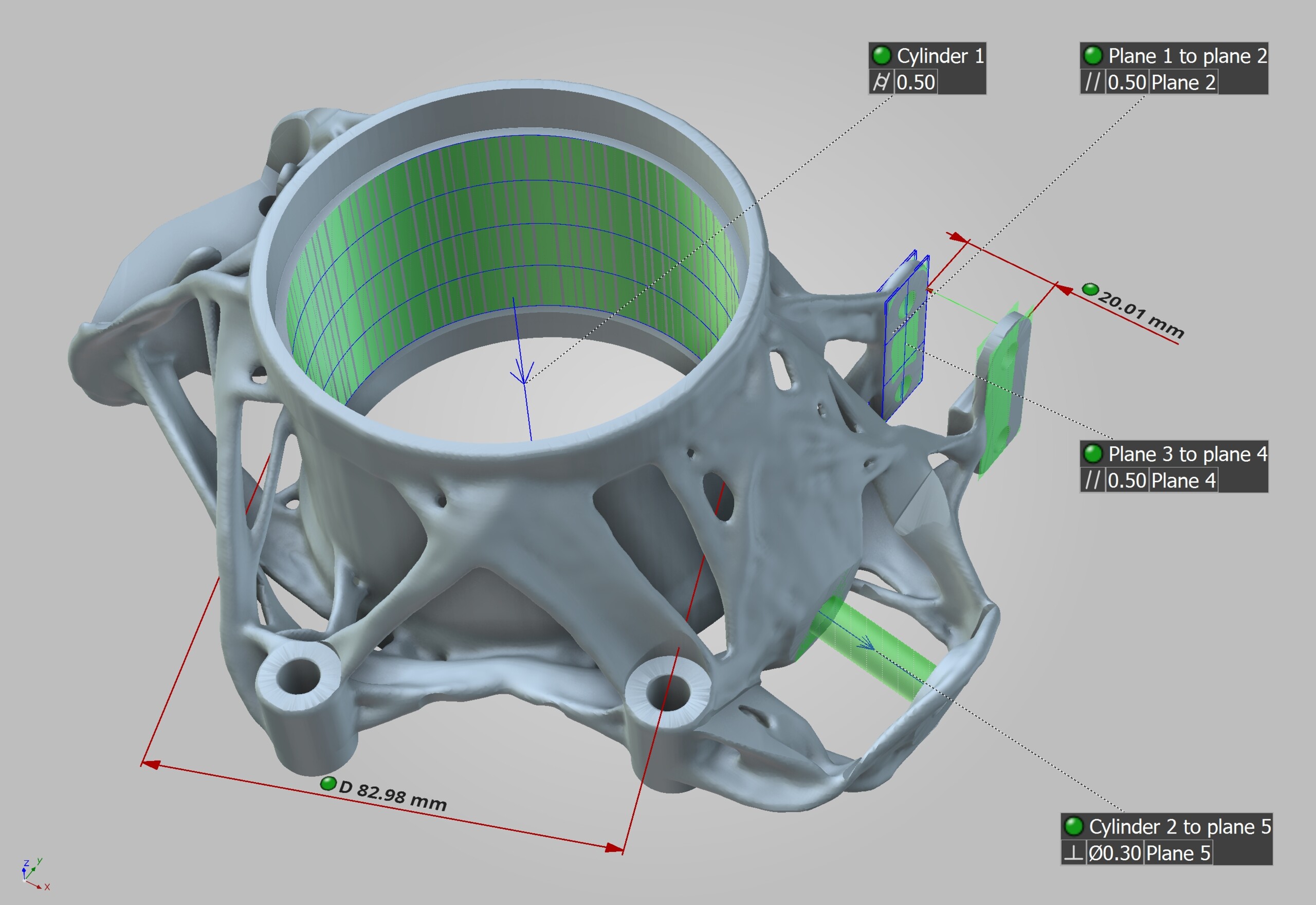
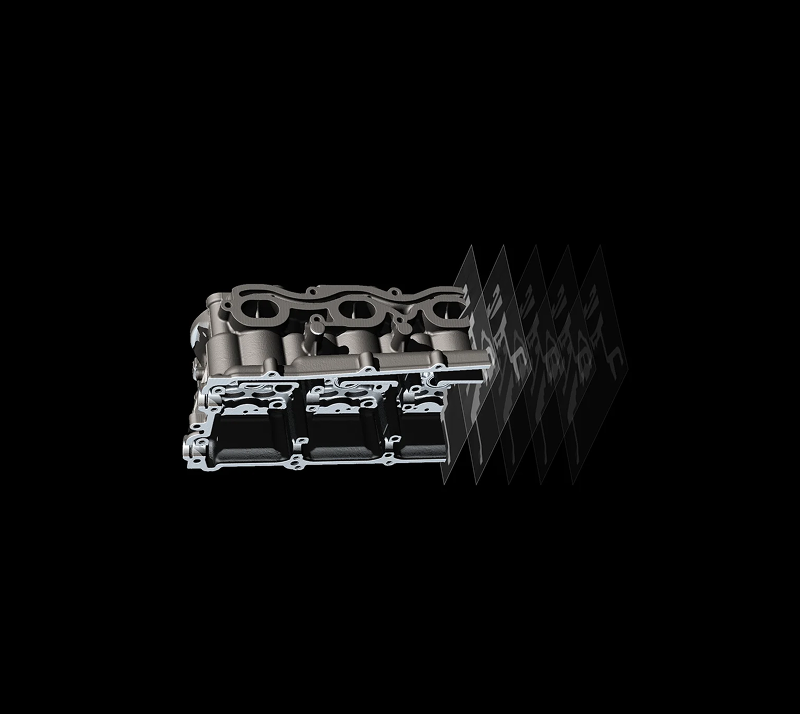


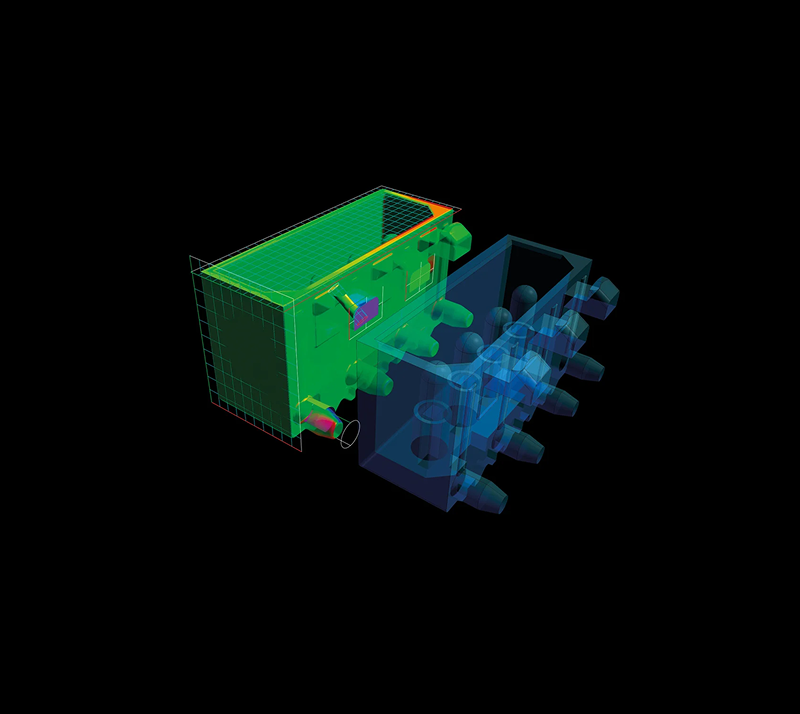
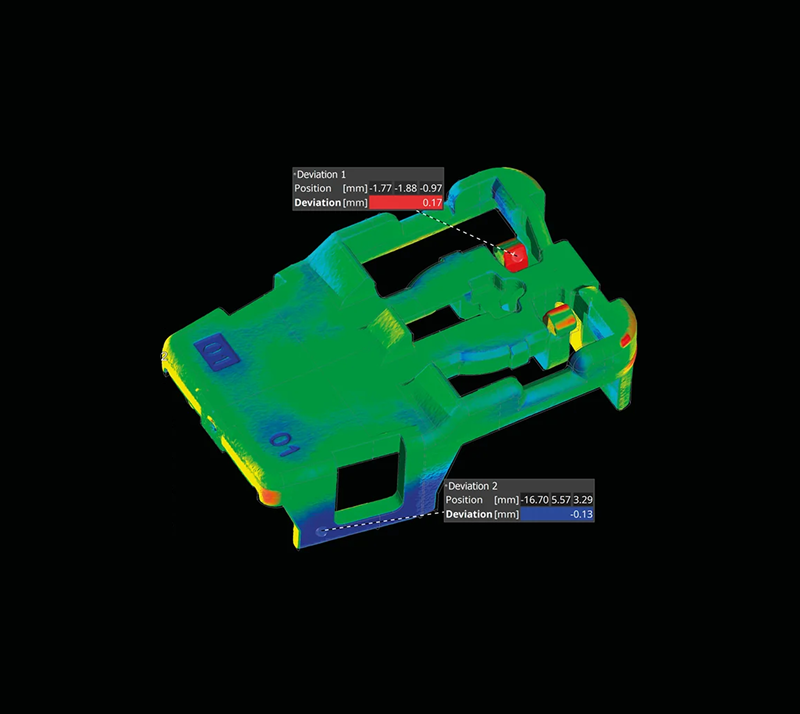
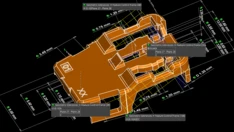
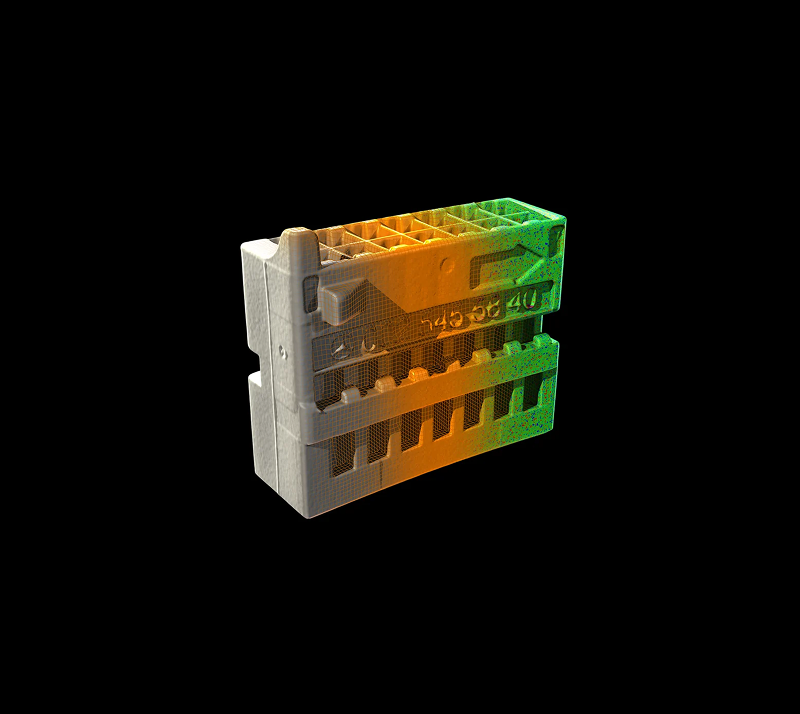
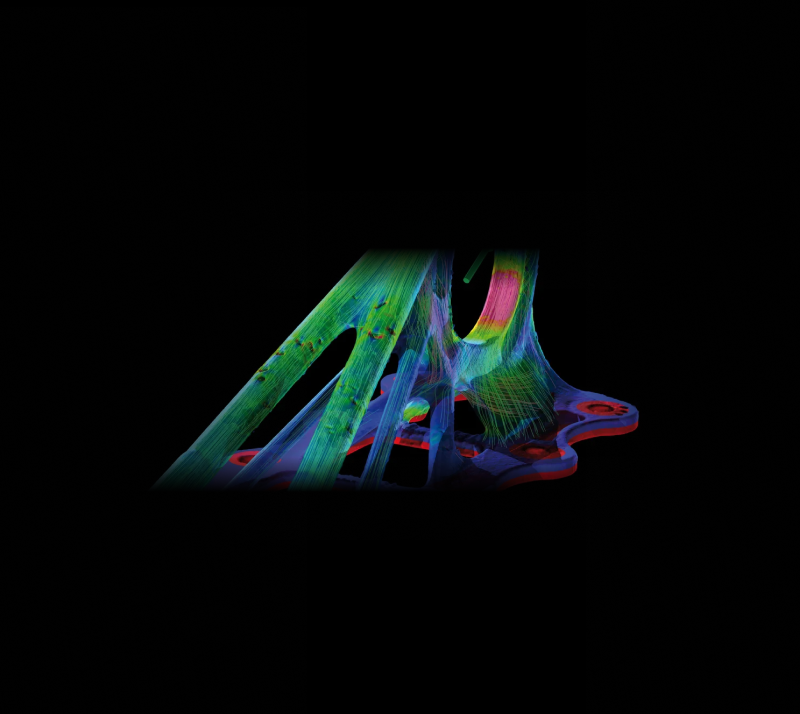
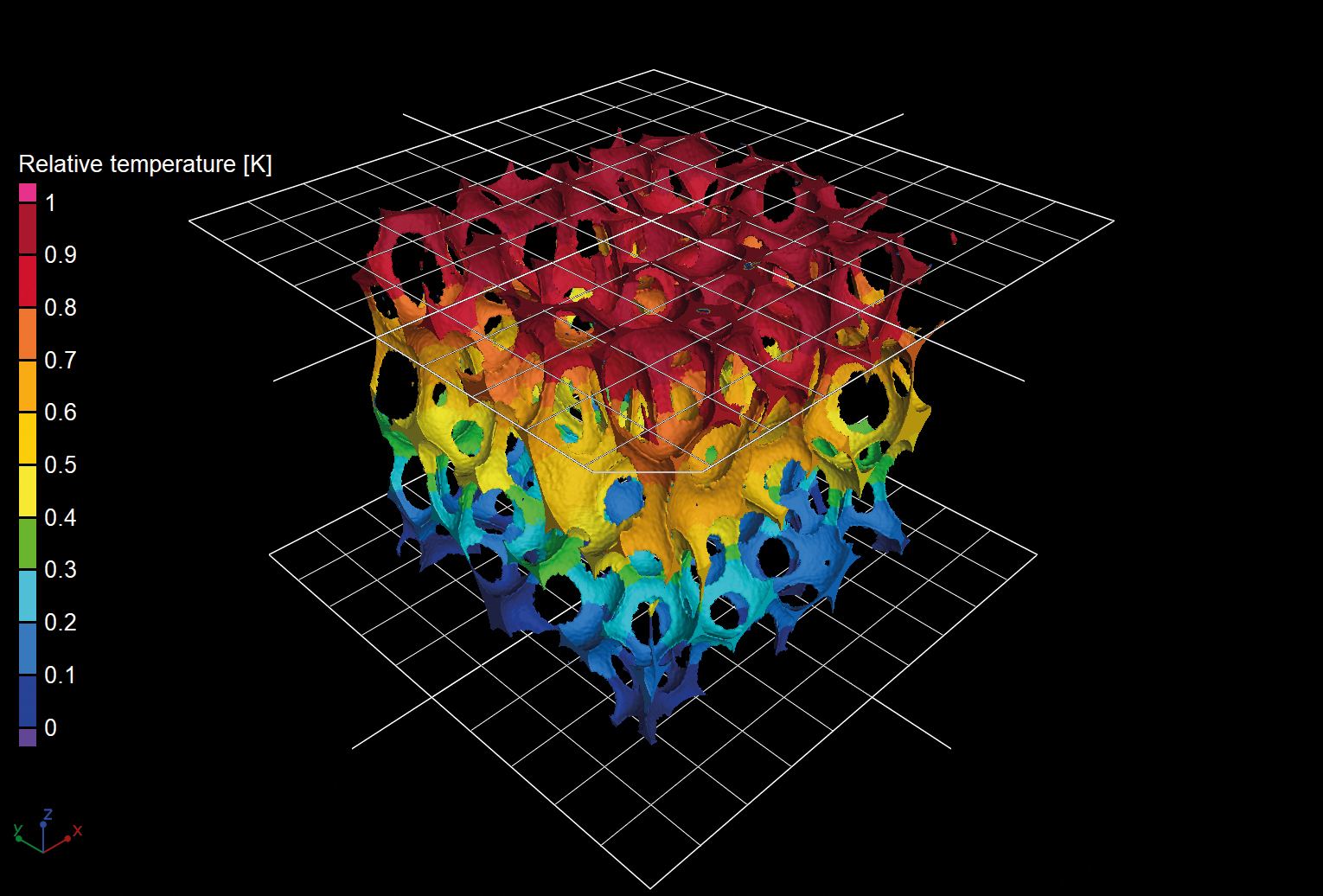
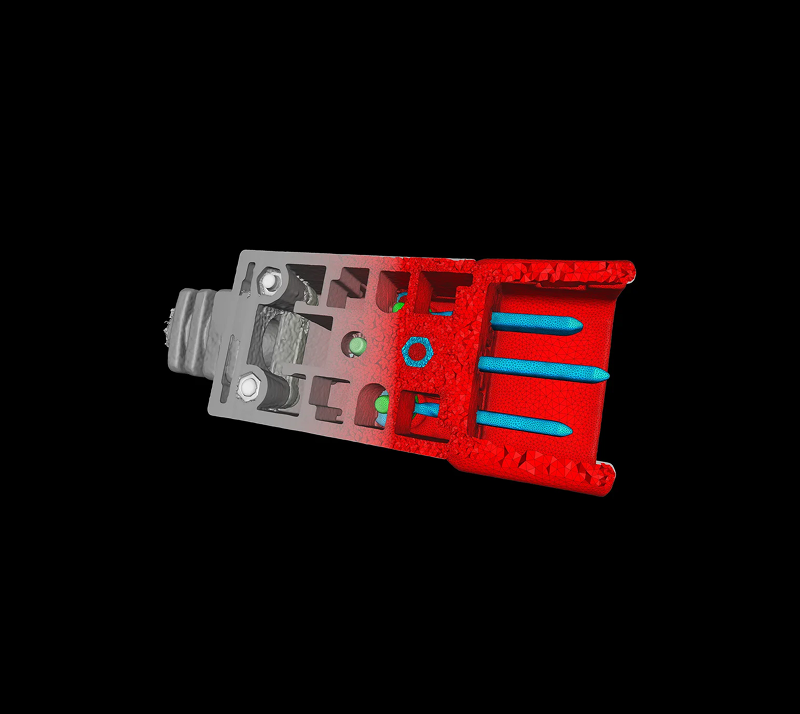
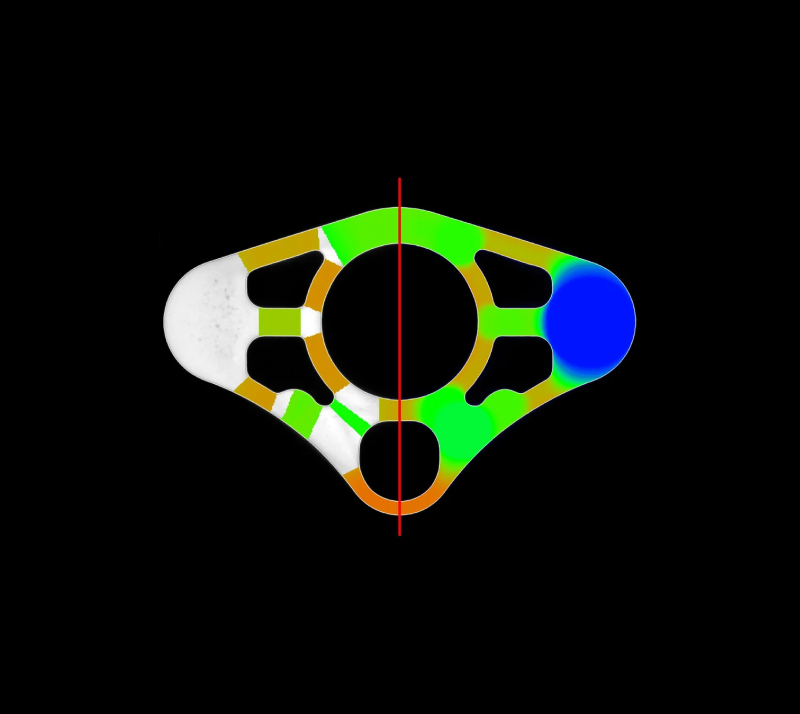
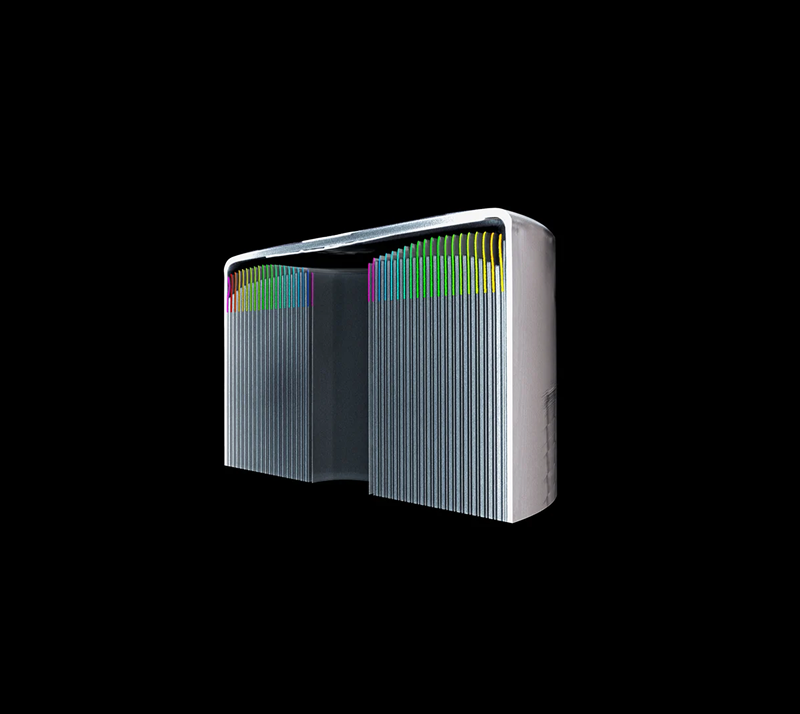


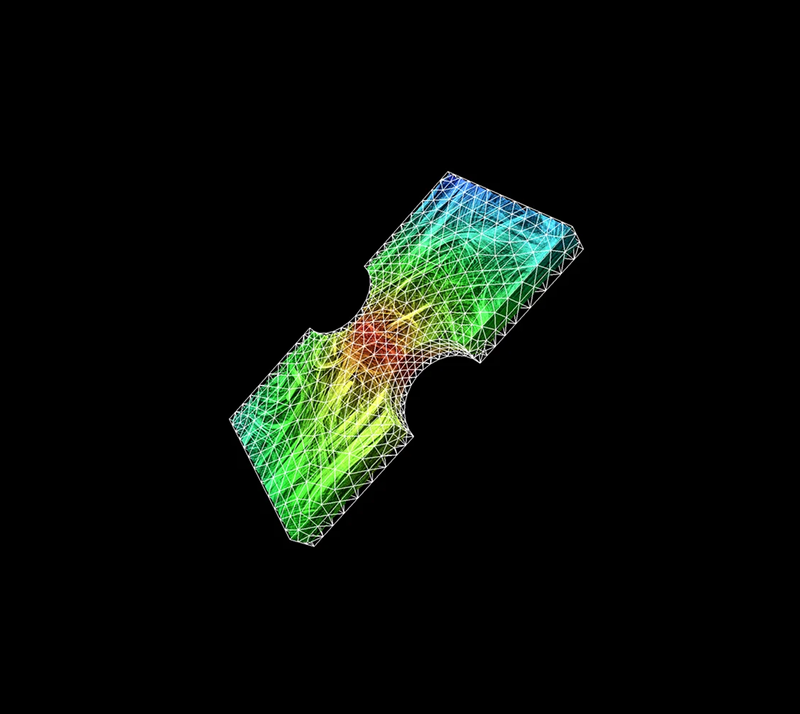
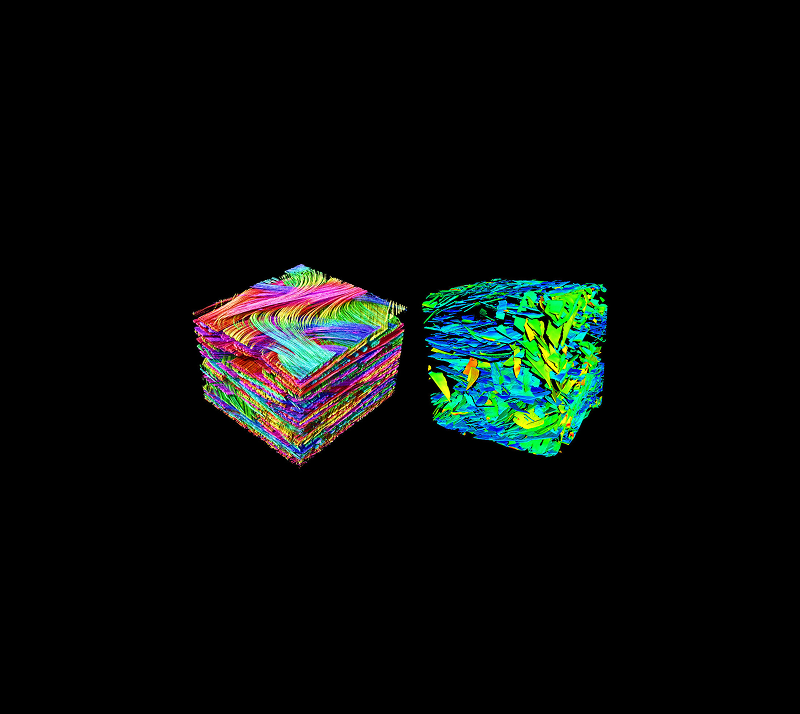

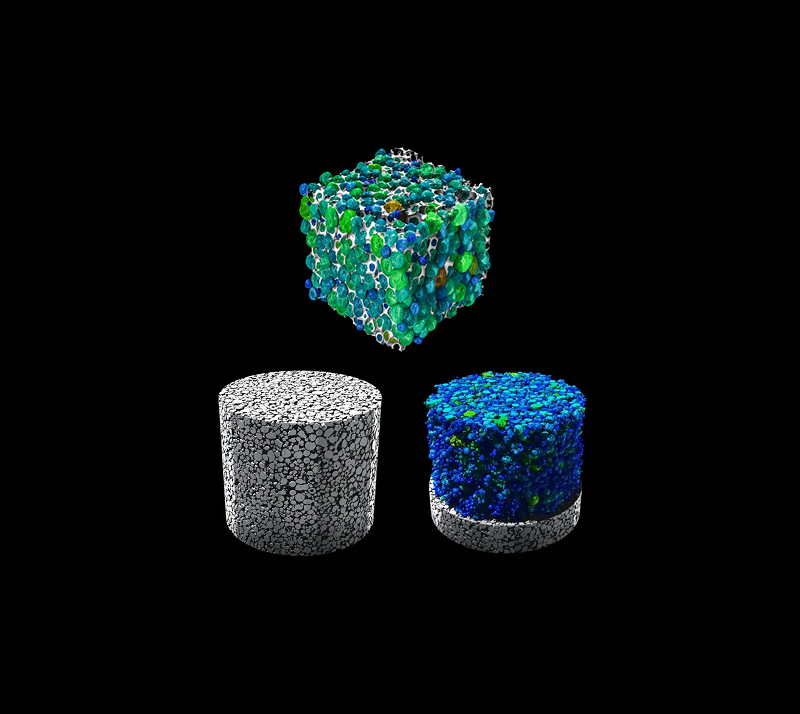
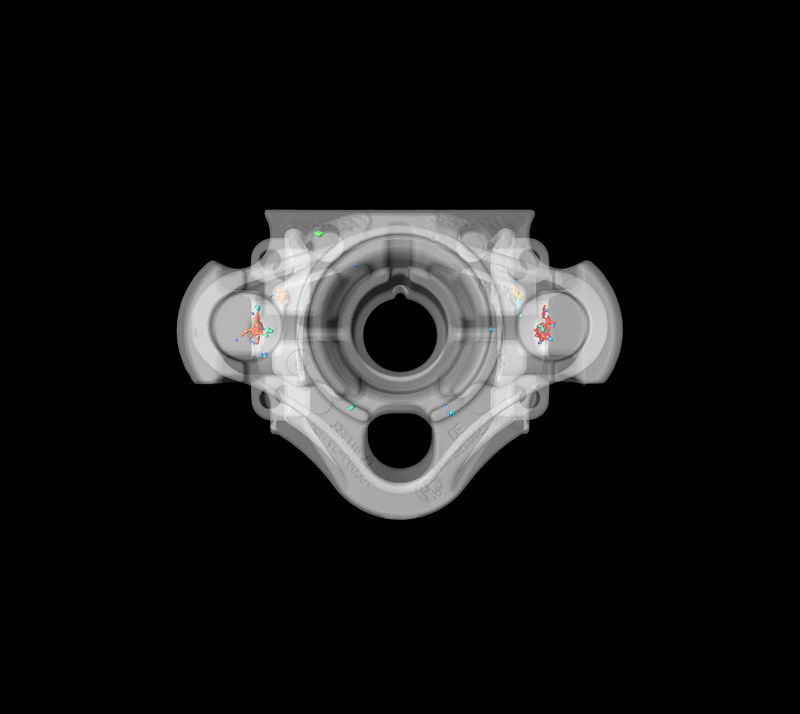



















































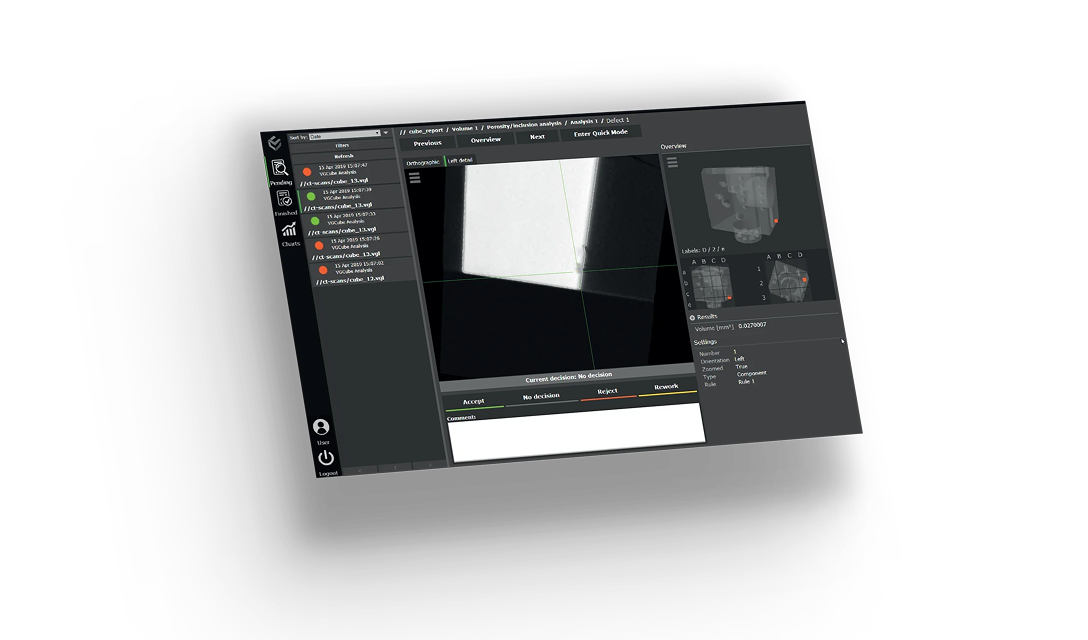
Get your free, 4-week trial license and see why we're the industry’s first and longest-trusted CT analysis software.
Request free trial
By allowing users to add custom text descriptions to their views within projects and reports, this feature enhances customization and provides more detailed information, making it easier to navigate projects and create more informative reports.

The removal of the automatic image checkboxes encourages our customers to use the more powerful and flexible views, which simplifies the image creation process. To ease the transition, existing projects will automatically convert to this new system, though occasionally users might need to adjust views manually to match previous images exactly.

The new option lets users easily hide either the entire recently used files section or just the thumbnail images. This helps protect confidential information during screen sharing or presentations.
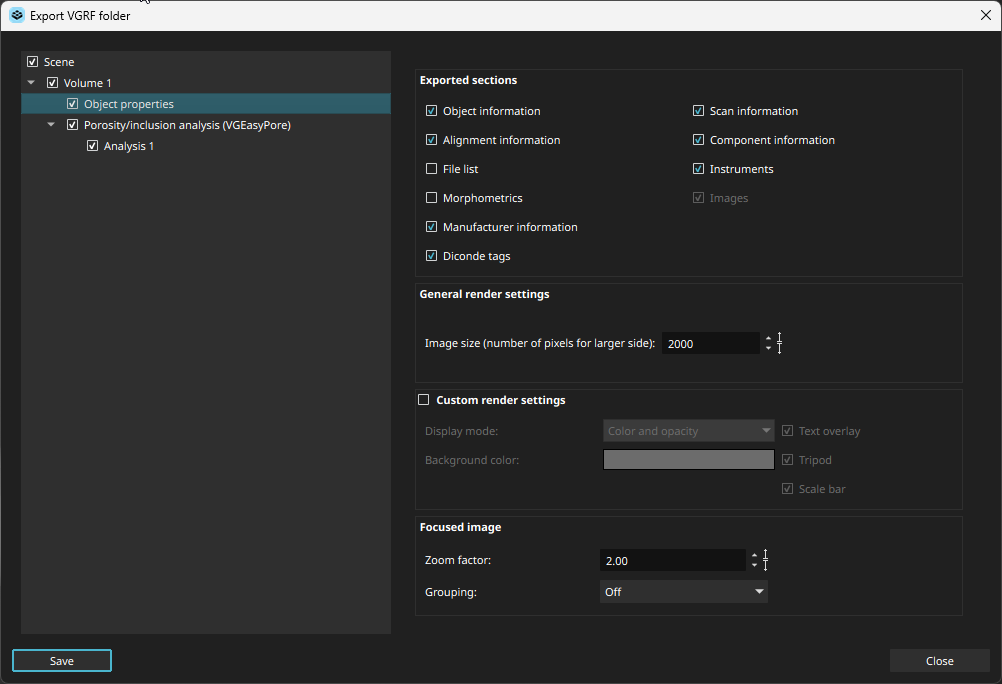
Moving the VGRF export settings to the export dialogs simplifies data export by allowing users to adjust the settings directly when exporting. This enhancement enables the efficient creation of PDF or Excel files with different configurations for repeated exports. Additionally, the outdated "VGRF export" tab has been removed.

We removed the outdated reporting tools to prioritize the modern, more powerful reporting functionality, ensuring a smoother and more efficient experience for creating reports, while still temporarily supporting it in older macros to ease the transition.

This feature enables users to incorporate mesh-related metainformation in inspection reports, just as it is already possible for volume metainformation. This enhancement makes reports more customizable and improves traceability, providing greater clarity and more comprehensive documentation.

This enhancement improves the export of volume data in DICONDE format by including extra fields such as "Company address" and "Component notes." This allows users to add more detailed and standardized information about parts, improving data organization and communication.
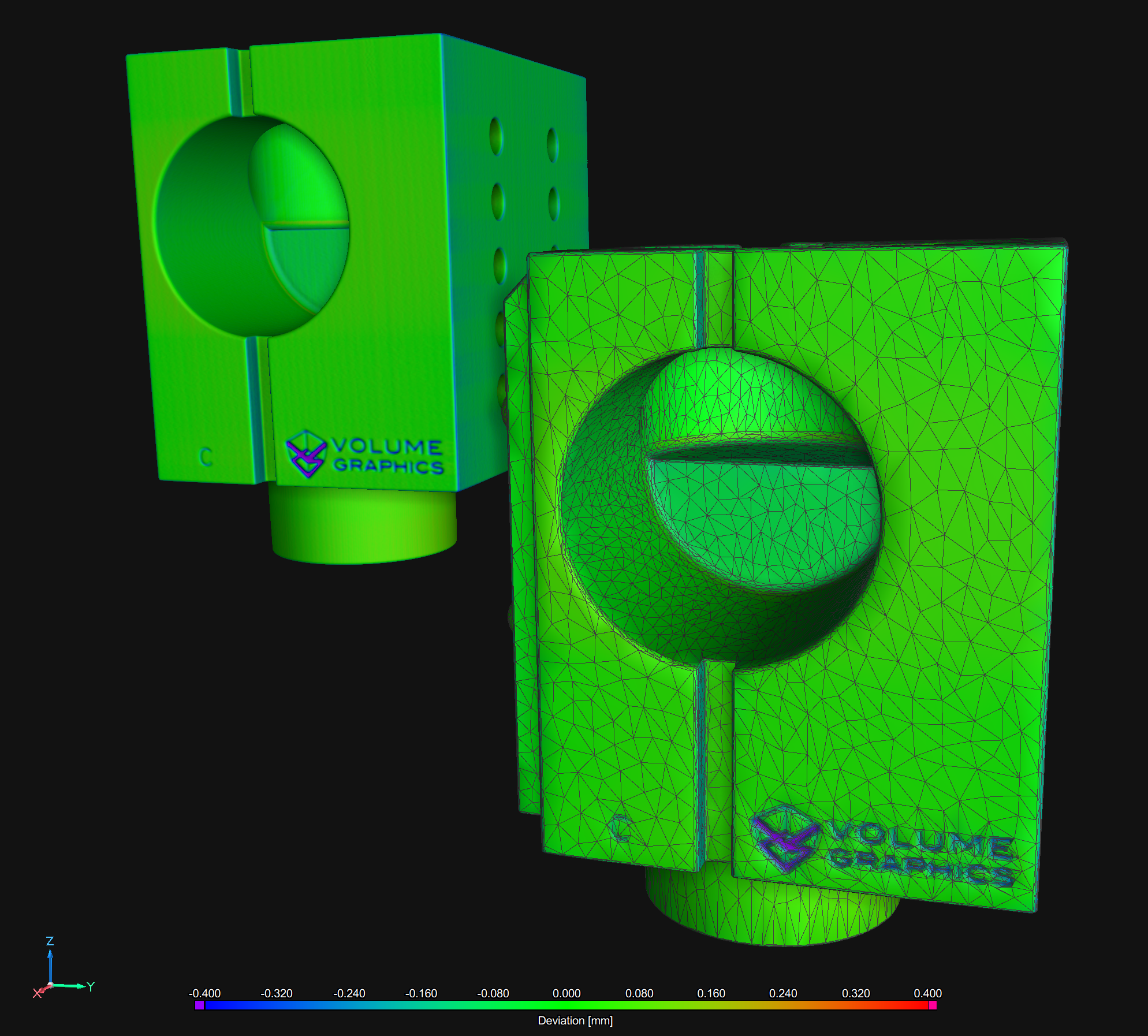
The enhanced mesh import and export feature now supports GLB/GLTF, AMF, and 3MF file formats, making it easier to exchange 3D surface data with other applications. This allows you, for example, to directly import and use mesh data created for additive manufacturing and stored in AMF or 3MF formats as nominal reference data without the need to convert it to an intermediate format or export colored meshes created from analysis results or extracted from volume objects in GLB format, which can be easily exchanged with other applications such as PowerPoint.
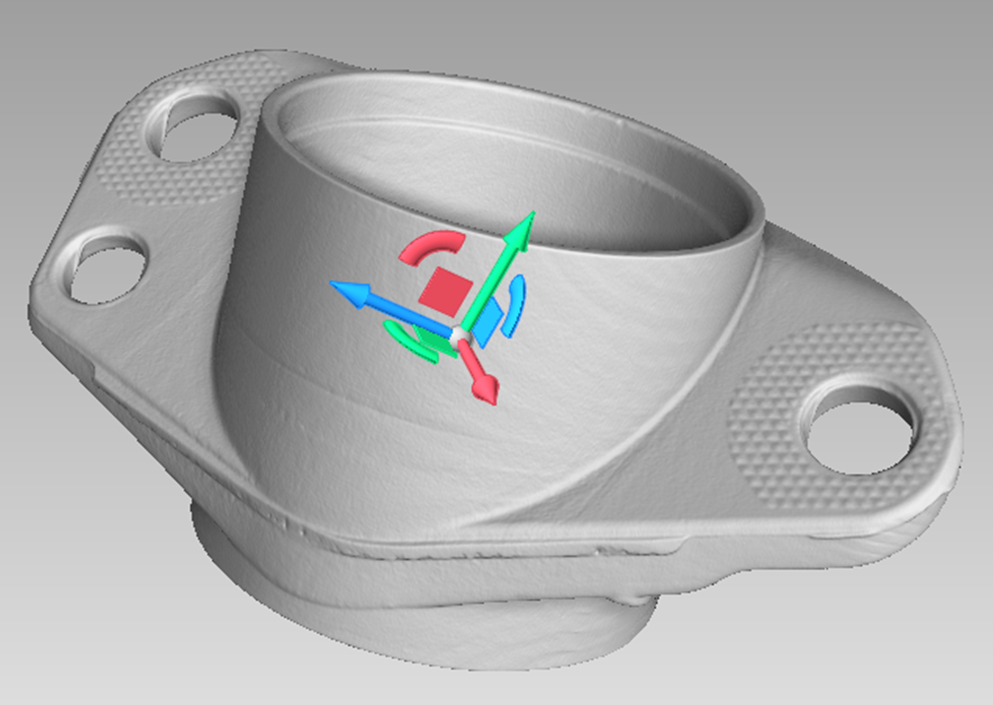
This feature enhances the interactive movement of objects within a plane. The transformation tripod now includes planar handles, allowing users to move objects effortlessly within a plane. These additional handles significantly simplify object transformations, providing a more intuitive and efficient workflow.
This capability is particularly beneficial when working with optically scanned point clouds, where moving resulting patches within a plane is frequently required. With this enhancement, users can achieve precise planar movements with just a single mouse click and move action, streamlining the process and improving overall handling efficiency.

This feature allows you to easily modify the values of DICONDE tags associated with your volume data and export them in the DICONDE format. Whether your data was initially in DICONDE format or imported from other formats, this capability provides a streamlined workflow to convert and standardize your volume metainformation. This feature enables compatibility with DICONDE-compliant storage systems, providing enhanced data management and interoperability.

As we continue to enhance the VG software experience, we will retire legacy reporting with the 2025.3 release this fall. The integrated reporting editor introduced with version 3.4.4 and continuously enhanced since then offers a full-featured solution for creating and adapting report documents, surpassing the capabilities of the legacy reporting.
Starting with version 2025.3, you will no longer be able to create legacy reports. The macros designed for these reports will cease to function in subsequent versions.
We encourage you to transition to the integrated reporting editor to take advantage of its robust features and improved functionality.
We value your feedback and are here to assist with any concerns regarding this change. Please reach out to us if you have any questions or require support during this transition. Together, let's embrace a more efficient and powerful reporting experience with VG software.

Quality assurance starts with quality data. This is why VGSTUDIO MAX now supports the latest ASTM 1695 standard for data quality analysis, empowering users to effectively monitor the health of their CT systems over time.
Detect variations in sharpness and noise, ensuring your measurements consistently meet industry requirements — today and tomorrow.

Microsoft will be ending support for Windows 10 in October 2025. In alignment with this change, we will also conclude official support for VG applications running on Windows 10 starting with version 2025.3.
We encourage affected users to upgrade their operating system to continue benefiting from the full capabilities of VGSTUDIO, VGSTUDIO MAX, VGMETROLOGY, VGinLINE, and other VG software products.
This is an important step towards ensuring our VG software suite operates optimally on modern platforms, providing you with enhanced performance, security, and compatibility.
For assistance with upgrading or any questions, please contact our support team.

Did you know that you can save your customized report layout as default layout and reuse it for other reports? If not, follow this tutorial and learn how it works.
Watch now
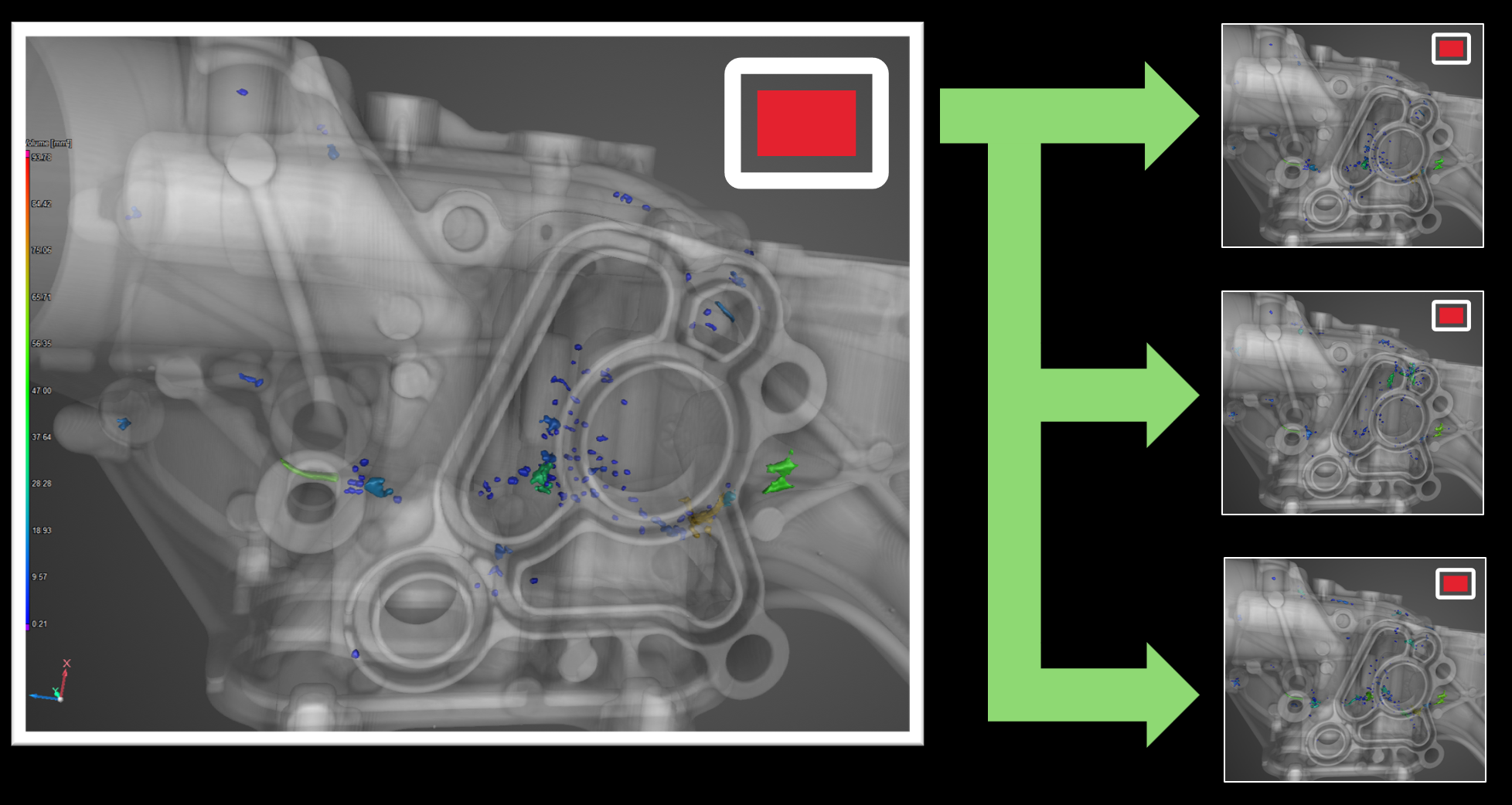
Define and apply visualization and workspace settings as "Views" for individual objects, enhancing project navigation and report generation. Easily transfer these views between objects and incorporate them into evaluation templates for streamlined automation.

Experience precision at its finest. Leverage our automatic and numerically validated method to counteract beam hardening artifacts. This isn't about making educated guesses — it's about employing precise calculations for accurate compensation results.

Streamline data processing with the new .xvgi file format, eliminating the need for manual data import. Utilize our Python reference implementation to automate VG software use, even without existing .vgl files.

Easily identify tags of interest in DICONDE metadata with the display of tag numbers in the object properties, enhancing data review processes.

Q-DAS export for relative wall thickness results
Elevate your data analytics with seamless exporting of toleranced relative wall thickness results in Q-DAS format. Enjoy superior compatibility and integration with the Q-DAS product family.
Easier navigation of PDF reports
PDF reports now also include a table of contents with direct links to the related section of the report. Enhance your user experience and swiftly peruse your reports with this clever addition.

Peer-to-peer collaboration is now easier than ever! Use the new link in the title bar to hop over to the VG Community on Nexus. Share your wins, get advice, and stay up to date on the latest and greatest in your products.

Selecting objects is more intuitive than ever: Just pick your tool of choice — rectangle, ellipse, or lasso – and directly draw in the 3D window. As soon as an object’s center of mass is highlighted, the object will be selected in the Scene Tree. Add or remove objects directly in the 3D window – WYSIWYG.

Enable or disable ROI rendering for numerous objects simultaneously! Enjoy better automation scenarios, with the toggle macro step now distinctively separated into two clear steps: "Enable ROI rendering" and "Disable ROI rendering". This ensures better reproducibility of macro jobs for a more streamlined user experience.
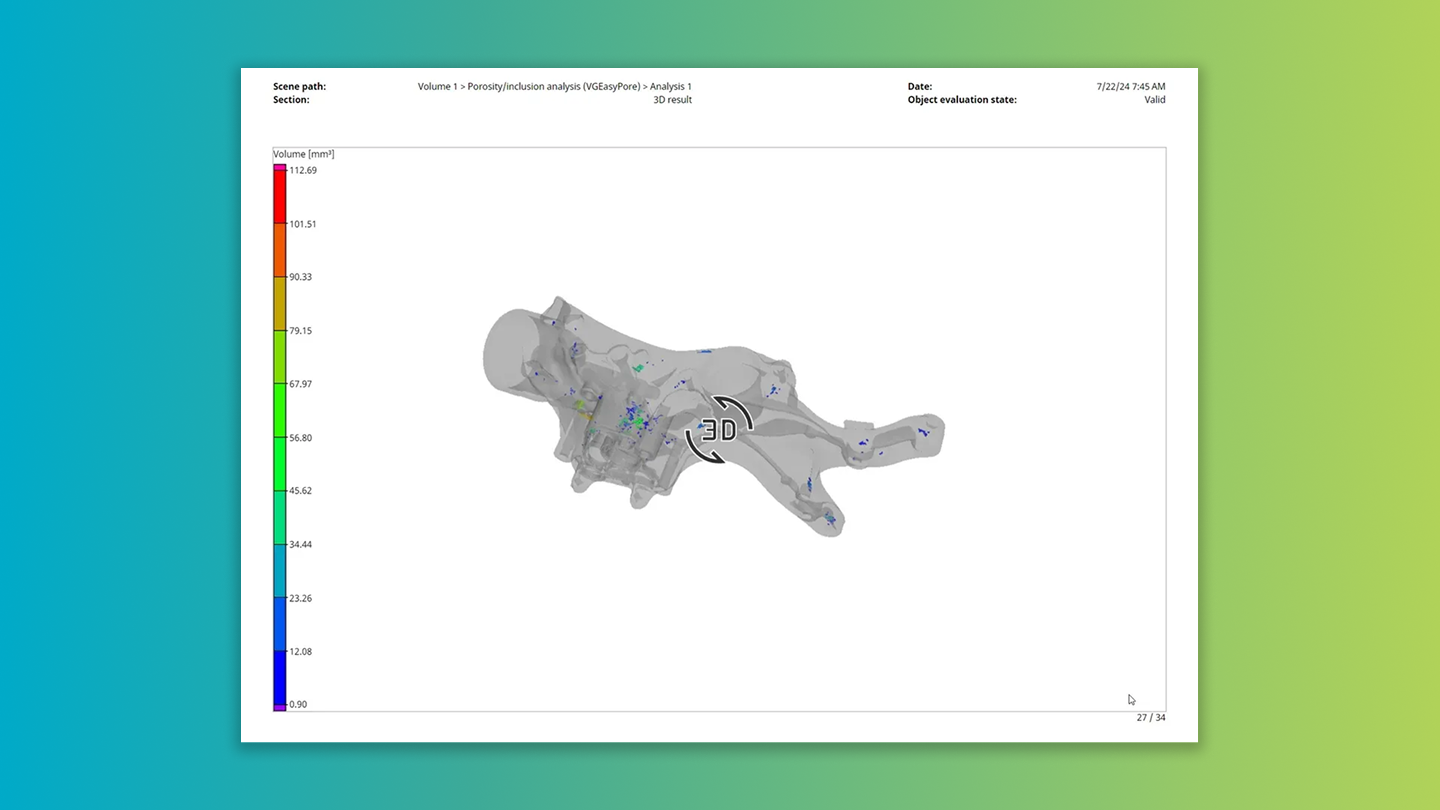
This dynamic feature utilizes the color bar settings configured directly in the analyses, offering an enriched context to interpret results in your reports. Elevate your reporting experience and data interpretation capacity with this unique update.

Color-code table cells in reports according to their tolerance state
You can now opt to color-code individual cells based on their tolerance status. This instant visual representation not only enhances the meaning of your result tables but also allows for quicker identification of specific indicators that caused a part to be out of tolerance. A more meaningful, intuitive understanding of your data is just a color away!
Hide info field names in reports
You can choose to hide the title of any info field in your report. This feature not only allows for seamless integration with any personalized text but also contributes to creating more succinct report pages. Enjoy more control and design freedom with our refined reporting settings.
Invalidation of bookmark images on analysis changes
Bookmark images are now tagged with an "out-of-sync" status if analysis results change. For automated scenarios, all "out-of-sync" images undergo an automatic update before saving, ensuring that the bookmark images reflect the current state of your project accurately. Experience improved visibility and control over your data with this dynamic update.
Rename objects using metainformation
You can now rename objects using one of their metainformation fields. Ideal for use in macros, this function can transfer text read from an object via OCR to its name in automation scenarios. Experience elevated control and efficiency in your data management with this latest feature enhancement.

Customizable text color in reports
We further enhanced the customizability of reports: you can now set arbitrary colors for all textual layout elements to highlight certain results or custom text.
Exporting multiple movies or image stacks of an inspected component at a time
The new queuing function of the "Save movie/image stack" dialog allows you to parameterize and queue multiple export jobs, and subsequently export all image stacks or movies at a time without further interaction.
This will streamline your export process considerably, as you will no longer have to wait for the completion of each individual export job before being able to parameterize and start the next one.

You can now directly import newer NSI formats, without the need for an extra tool. This makes working with newer NSI formats easier and more robust.
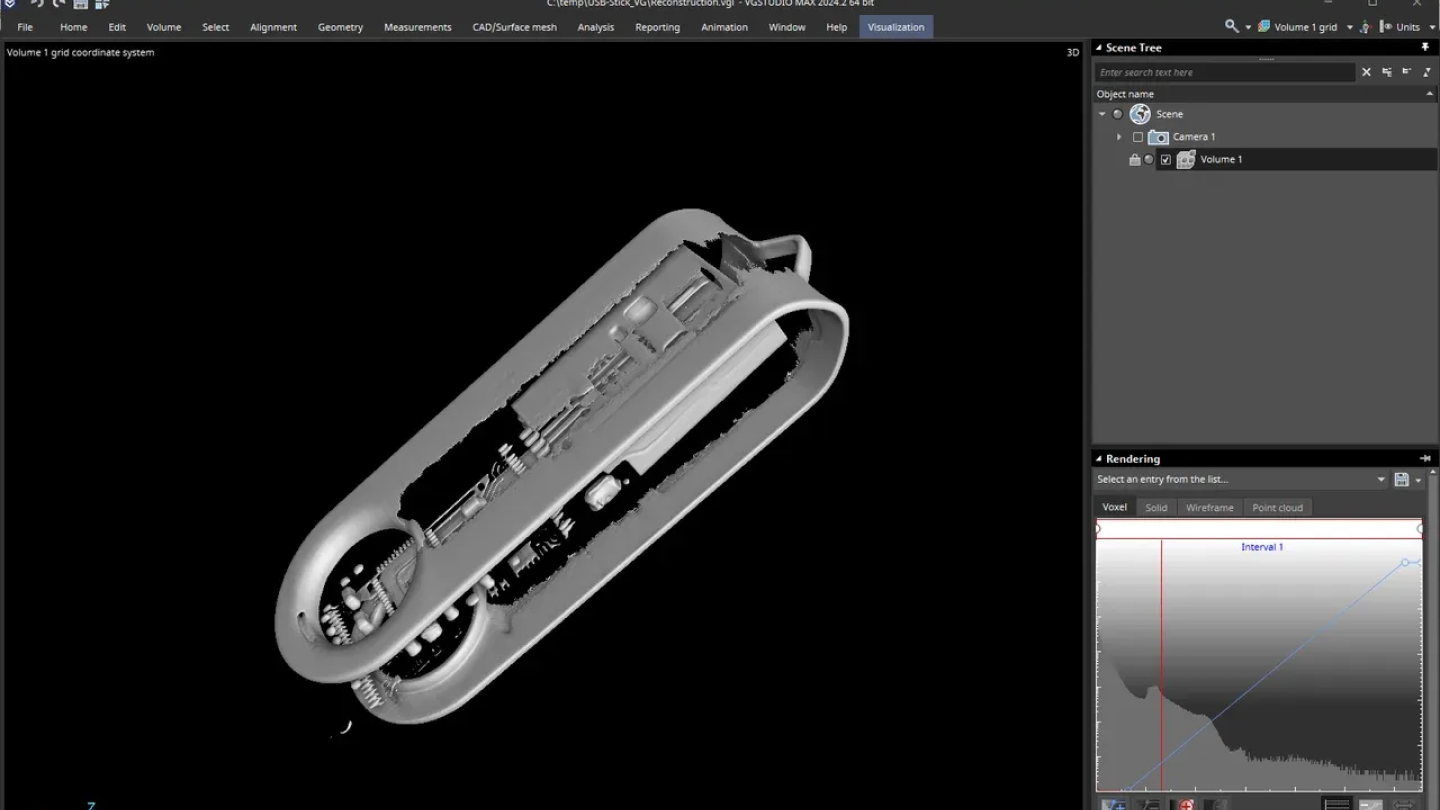
In this video, we will guide you through the various tabs of the reconstruction dialog so you can easily and quickly make the settings for a standard cone beam reconstruction.
Click here to watch the video.
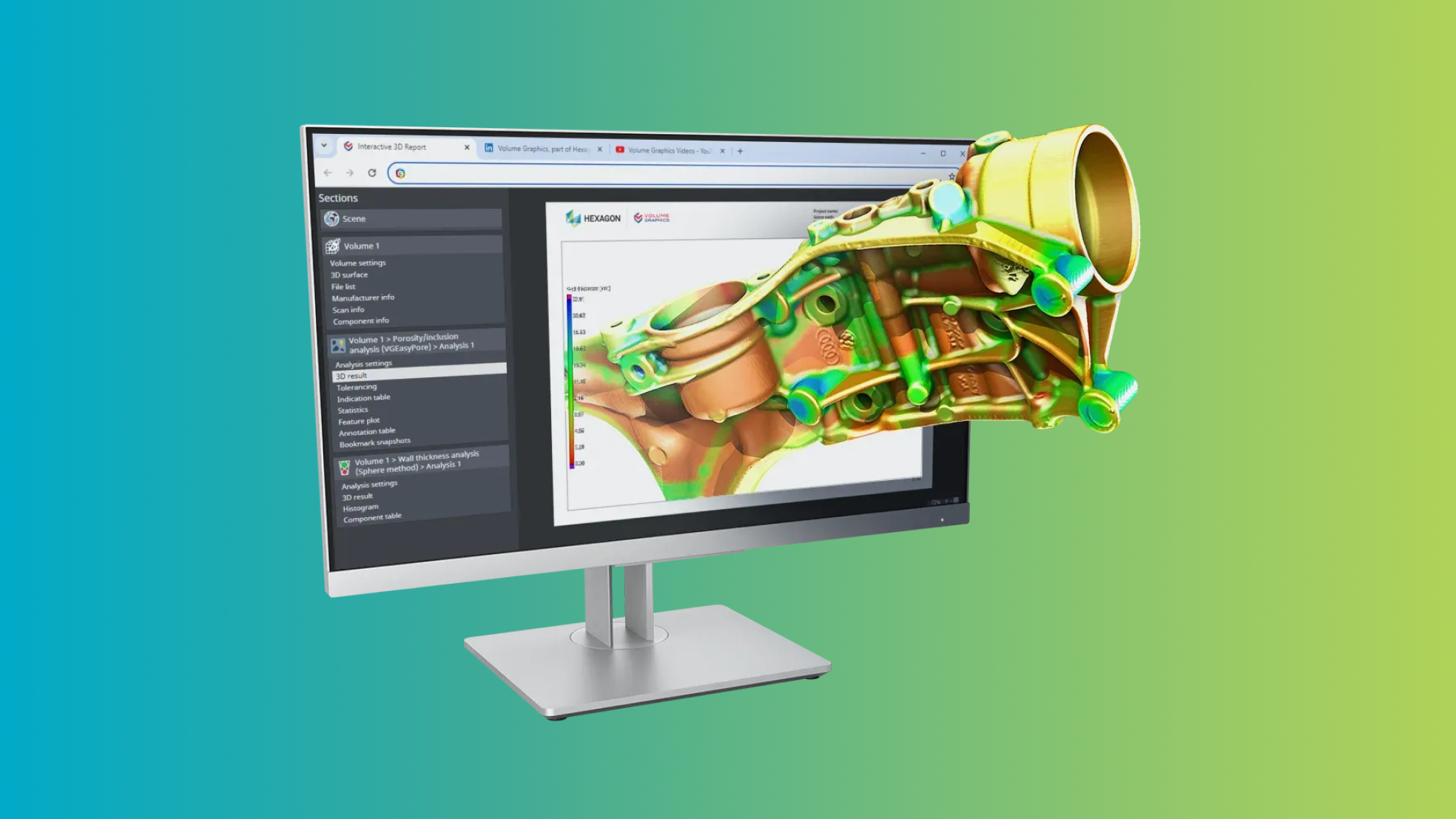
Sharing comprehensive inspection results just became even easier. The new HTML format is an all-in-one solution that also supports interactive elements, like part or result 3D views. These self-contained documents eliminate the need for a separate viewer application and are easily accessible with any Chromium-based browser like Edge or Chrome.

PNG format for streamlined image stack import and export
You can now bypass the need for additional file conversions when using PNG as a storage or data exchange format. Enjoy a faster workflow for importing and exporting your volume data.
New DICONDE export
Volume data can now also be exported in the DICONDE format, which includes the existing tags. For volumes that were not imported from DICONDE, the necessary tags are created on the fly.
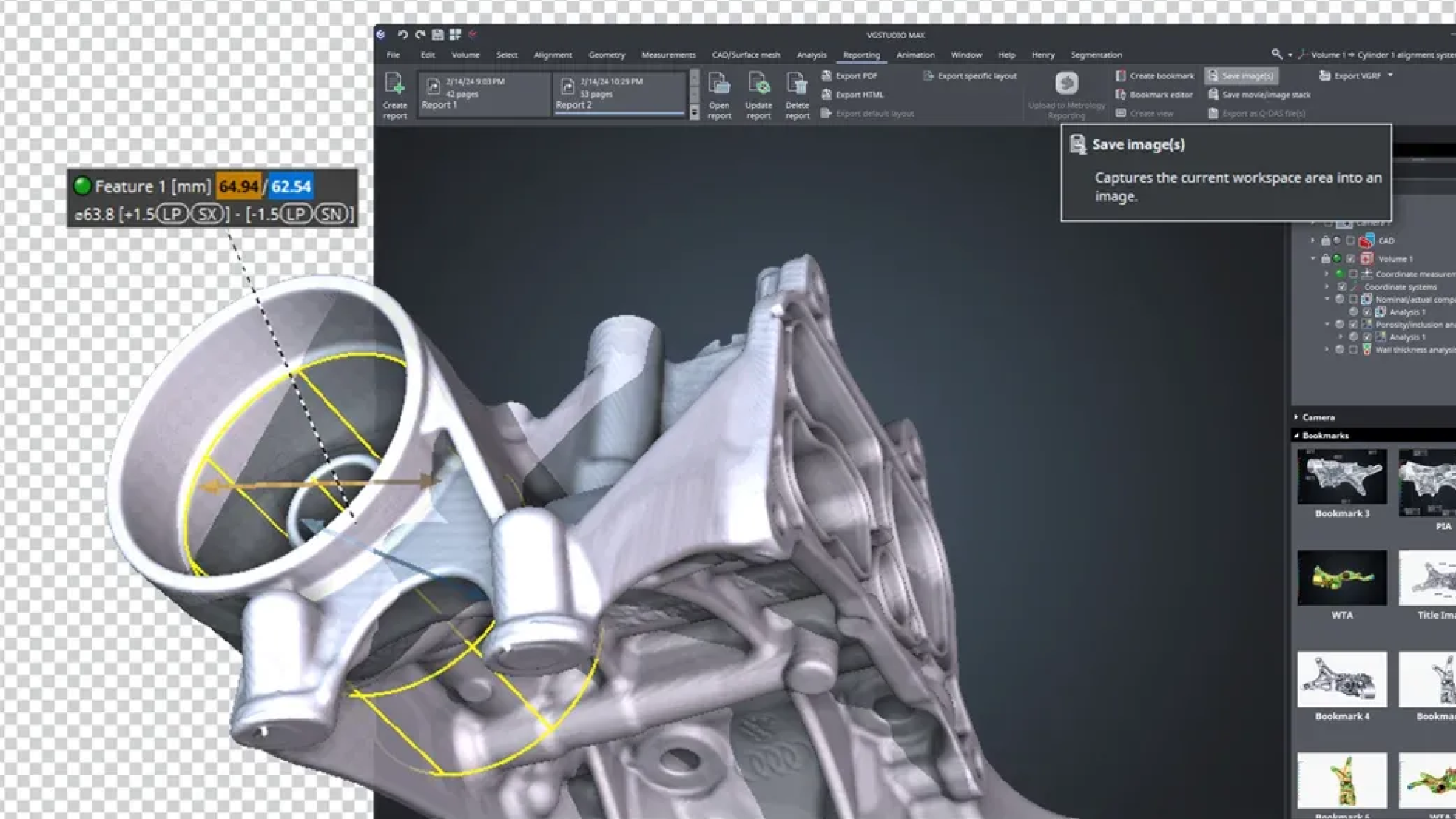
Experience better image saving capabilities with native PNG format support, our new feature allowing lossless compression and 3D view images that include an alpha channel. Spice up your presentations with partially transparent images that pop!

In the past, transferring metainformation like DICONDE tags between different volumes in a scene was impossible. With this feature, you can now easily move this essential information, even when creating entirely new volumes from initial scan results. This enhancement ensures traceability is maintained throughout your process, keeping your work consistent and structured.
Read the basic requirements below or download the PDF for the complete system requirements for VGSTUDIO.
Windows 11 Enterprise 64-bit
Windows 11 Professional 64-bit
Minimum: x86-64 CPU with instruction set SSE 4.1. ARM processors are not supported.
Recommended: Performant Intel or AMD multi-core processors, e.g., Intel® Core™ i7 or i9 or Xeon® Gold processors with 3 GHz or higher.
Minimum:
VGSTUDIO requires a minimum of 4 GB of free memory. However, the actual free main memory needed for creating or loading a complete project will usually be significantly higher since it depends on the size of the data set.
Recommended for professional use:
- 16-bit data set with 1024 slice images. Slice image with 1024 x 1024 pixels. 1024³ = 2 GB of data
=> Minimum 4 GB free memory - 16-bit data set with 2048 slice images. Slice image with 2048 x 2048 pixels. 2048³ = 16 GB of data
=> Minimum 32 GB free memory - Typical for industrial use with data set sizes as in the examples above (2 to 16 GB) is a PC with at least 64 (for one data set) to 512 GB RAM (for multiple data sets). Higher RAM clock speeds are recommended.


